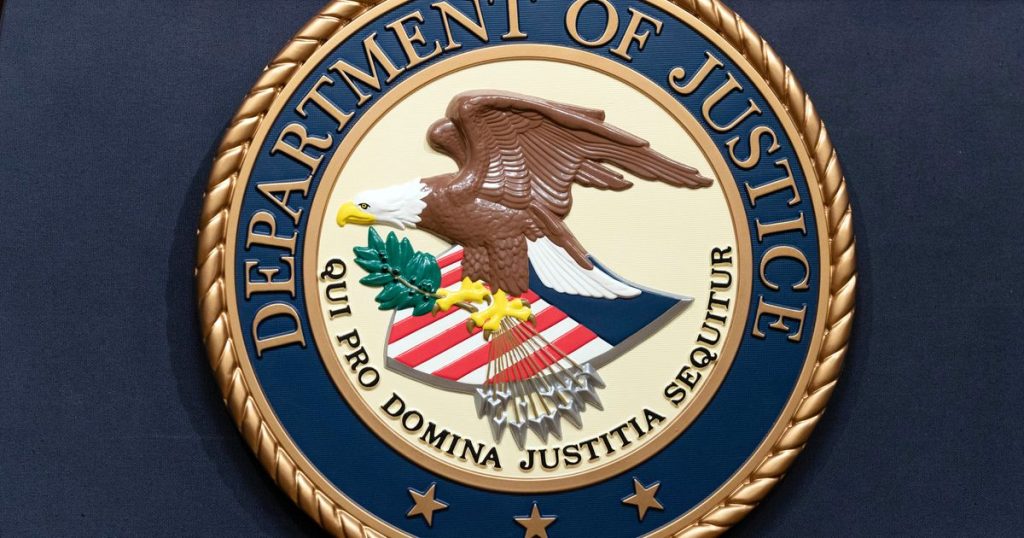Two European men, Thomasz Szabo and Nemanja Radovanovic, were charged in connection with a plot to intimidate and threaten around 100 people, including a former U.S. president and several members of Congress, through swatting calls. The indictment alleges that the two defendants targeted public officials, family members of public officials, and other prominent individuals by making bogus reports of police emergencies at their homes. While the former U.S. president is not explicitly named in the indictment, one of the victims, described as a “former elected official from the executive branch,” was threatened with a false report of a killing and an explosion at their home.
Szabo and Radovanovic are both charged with conspiracy and over two dozen counts of making threats. The calls also included threats of mass shootings at New York City synagogues, setting off explosives at the U.S. Capitol and a university, and more. The plot spanned more than three years, from December 2020 through January 2024. The court records do not indicate if the two men have been arrested or if they are represented by attorneys, but investigators believed they were in separate foreign countries at the time of the indictment.
Szabo allegedly organized and moderated chat groups to coordinate swatting attacks against private citizens and officials, including cabinet-level members of the federal government, federal law enforcement agency heads, federal judges, current and former governors, and other state officials. Radovanovic is accused of making false reports of killings, suicides, kidnappings, and more at the homes of U.S. senators, House members, and elected state officials. The FBI reported a surge in swatting calls in late 2023 and early 2024, with some targets linked to court cases against former President Donald Trump.
Georgia state Sen. John Albers, who was a victim of the swatting calls, stated that he expects the U.S. to seek extradition of both men to stand trial as a strong signal to others involved in similar activities. Albers emphasized the seriousness and danger associated with swatting calls, noting that the threat posed to the victims and their families was very real. Another state senator, Clint Dixon, whose home was also targeted by swatting calls, expressed relief upon learning that the suspects had been identified, highlighting the fear and potential danger that the situation posed for his family.
The seriousness of swatting calls was emphasized by U.S. Attorney Matthew Graves, who stated that swatting was not a victimless prank and had significant consequences. The U.S. Secret Service, FBI, and other agencies worked together to investigate the case and identify the perpetrators. The elaborate and coordinated nature of the plot, involving threats against several public officials and prominent individuals, raised concerns about the potential impact on the victims as well as the allocation of law enforcement resources to respond to false emergencies. The charges against Szabo and Radovanovic highlight the gravity of their actions and the need to address swatting as a serious crime with significant penalties.


